When I Heard the Learn’d Astronomer
By Walt Whitman
When I heard the learn’d astronomer,
When the proofs, the figures, were ranged in columns before me,
When I was shown the charts and diagrams, to add, divide, and measure them,
When I sitting heard the astronomer where he lectured with much applause in the lecture-room,
How soon unaccountable I became tired and sick,
Till rising and gliding out I wander’d off by myself,
In the mystical moist night-air, and from time to time,
Look’d up in perfect silence at the stars.
So we are looking for a discussion here. Every once in awhile we do this. Leave your comments about the poem in the comments. Basically you can talk about anything, but in the past first comments set the tone and subject. What do you think of this poem? Where does this fall on the spectrum of poems Whitman wrote?
- 8 Authors Who Created Literary Masterpieces Keeping Their Day Jobs - March 31, 2025
- Plotter or Pantser? A Writer’s Personality Quiz - March 30, 2025
- 100 Must-Try Mystery Writing Prompts (Solve the Perfect Crime!) - March 22, 2025
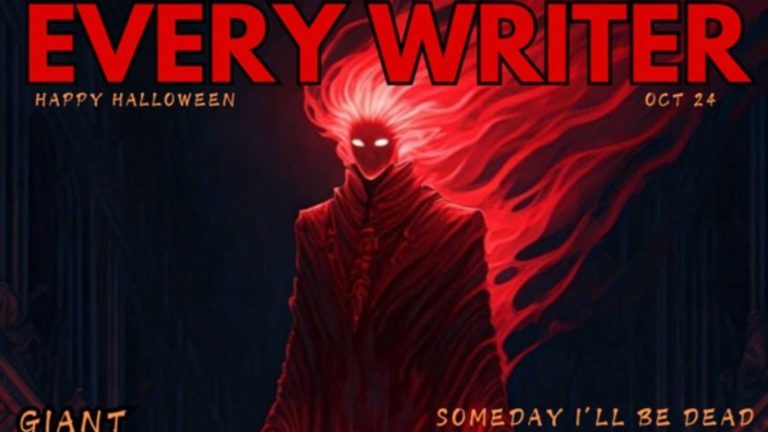
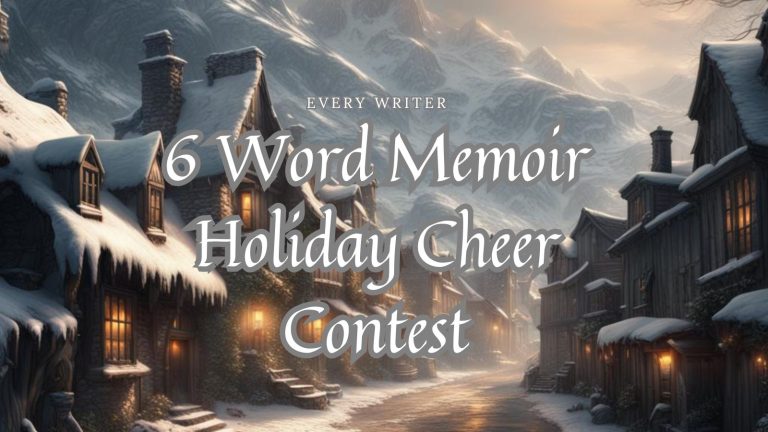
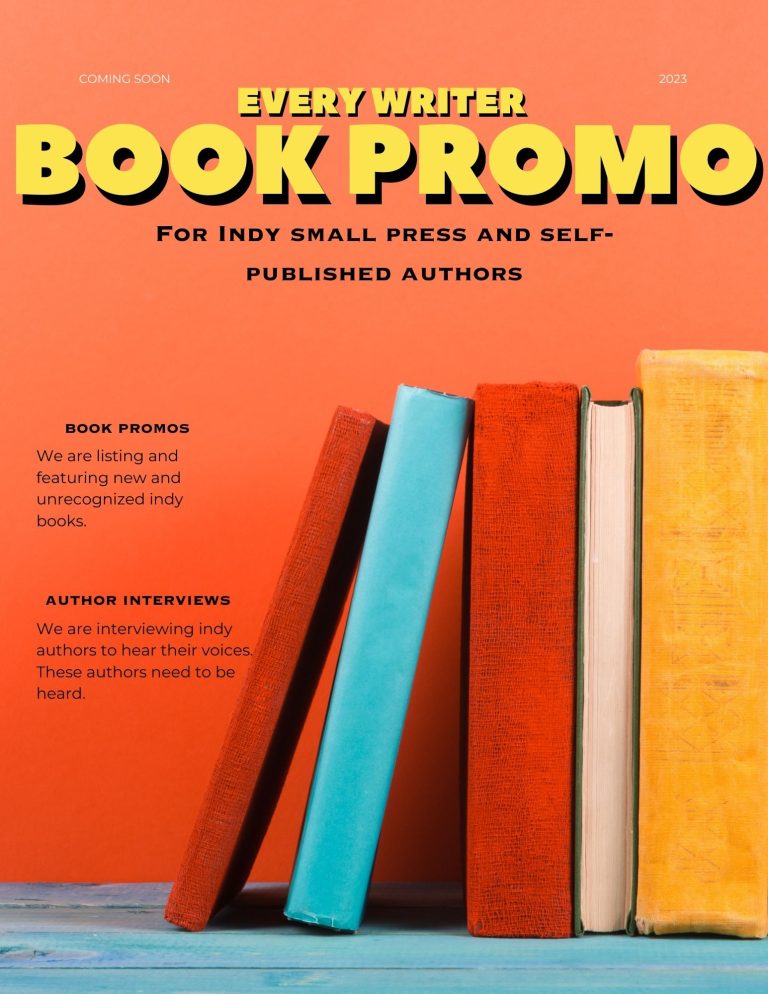

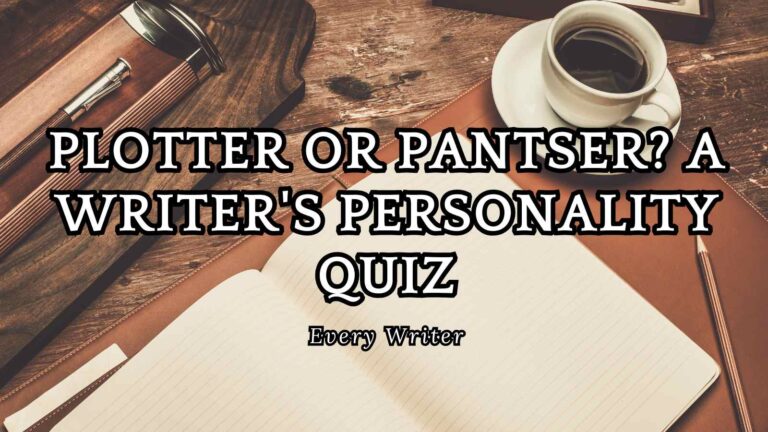

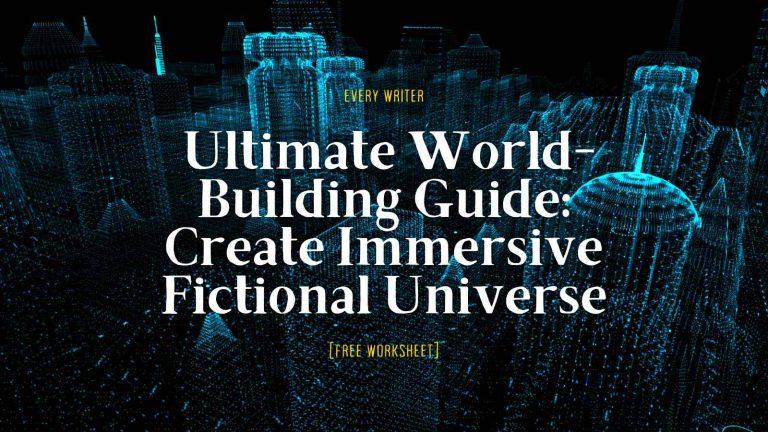
All poems allow this “perfect silence.” They allow you to empty yourself of so much rubble and dust. Poems allow the reader to live in a world of infinite dimensions, infinite doors of entrance to other minds and places. Scientists that embrace poetry expand our ability to understand the universe. These scientists look at the stars so one day, we can inhabit the stars. Walt Whitman’s expansive voice contains multitudes of stars, and still allows room for one shining moment under the night sky. His greatest gift is equating the tender body–human, to this “rising and gliding” sapphire universe.
I agree. I think poets do become sick when they think of the mysteries of the universe being solved, especially when those hard definitions might someday try to become the answers to things like love, life, fear, and our expansive emotions……I agree too that his best gift was “equating the tender body-human, to this ‘rising and gliding'” I like that very much. I think many poets would not have the answers to things that are beautiful….but I’m not 100% sure on that….